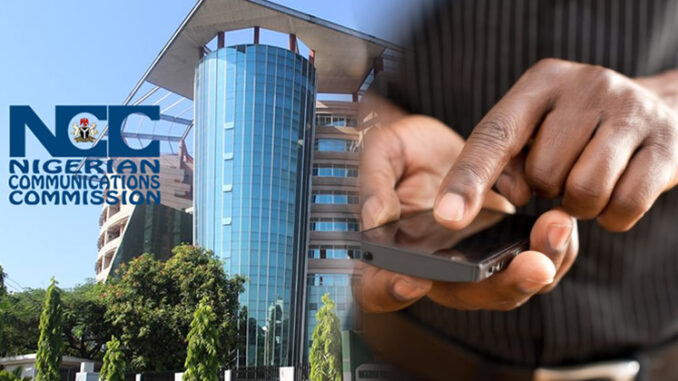
The Nigerian Communications Commission has appealed to states and local government councils across the country to cut taxes imposed on telecom companies, asserting that excessive taxation will be counterproductive to the growth of the industry.
The Federal Government in its 2024-2026 Medium-Term Expenditure Framework and Fiscal Strategy Paper said it would implement a five per cent excise duty on telecommunication services to boost its revenue base.
The NCC Executive Vice Chairman, Aminu Wada Maida, lamented that with between 50 to 55 per cent taxes already imposed on telecom operators, it would be difficult to attract foreign investments into the sector in line with President Bola Tinubu’s directive to the NCC.
According to Maida, the NCC management has decided to embark on nationwide advocacy to appeal to states and local governments as well as other stakeholders on the need to reduce levies they impose on the operators, especially the Right of Way charges and other multiple taxes.
Maida made the remarks on Tuesday at the Digital Economy Complex, Mbora, Abuja, during an interactive session with journalists in Abuja.
He said, “We are going to be going on an advocacy campaign to see how we can convince the states to remove some of these obstacles like Right of Way and multiple taxations because I have seen some studies which indicate taxation is almost 50% getting to 55% in some areas in this country.
“And you would agree with me that if we are trying to bring in foreign investment that is not a good picture to paint,” the NCC boss said.

He appealed to states to consider the long-term benefits that would come to them if they allowed massive investments in the sector as job opportunities would be created alongside other value chains in the sector.
He also disclosed that the dispute between the two telecom giants, MTN Nigeria and Globacom Network would be resolved amicably soon as the commission was more interested in a level-playing field for all stakeholders.
He said the commission had developed a strategic vision based on five pillars to drive the telecom industry and ensure that it continued to contribute to the Gross Domestic Product of the country as expected.
The EVC acknowledged the challenges associated with the quality of services from Mobile Network Operators and Internet Services Providers, saying the commission would adopt “a total consumer experience” to address the challenges.
He also advised consumers complaining about data depletion to look inward as most of the problems had to do with the types of handsets they are using coupled with the services available and the digital services they enjoyed without considering cost implications.
Wada said, “Our approach will thus be to walk towards the expectations of these stakeholders, and everything for me starts with the consumer and the expectation of the consumer is very simple – quality of service.
“I don’t think you can say anything more than that. Quality of service and this quality of service, we are talking about a total consumer experience not just about drop calls or I can’t make a call.”
He added, “There is a total quality of experience right from how do you find and select the right network to use, how do you onboard onto that network talking about SIM registration process, process of linking your SIM to your NIN and of course after you have gone through all of that when you are using it, how easy is it for you to select a tariff, how transparent is the tariff, how are you supported by the entire host, how do you onboard from the network, these are important.”

Be the first to comment